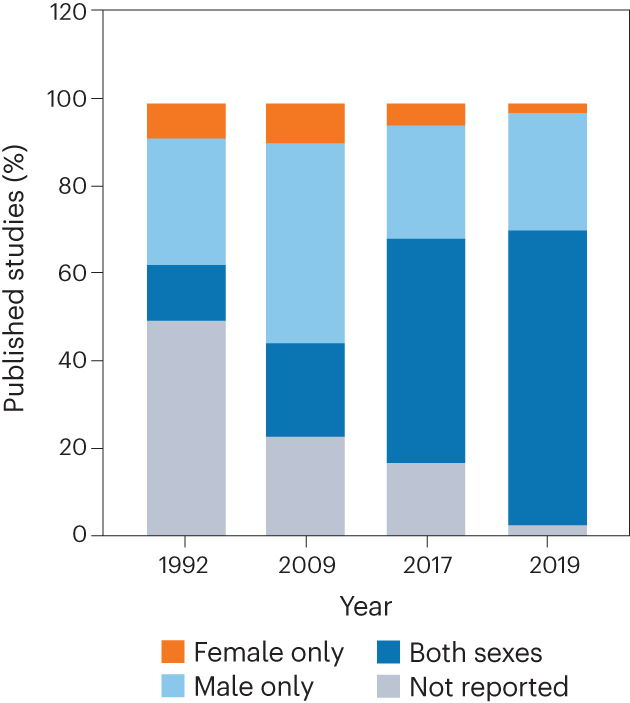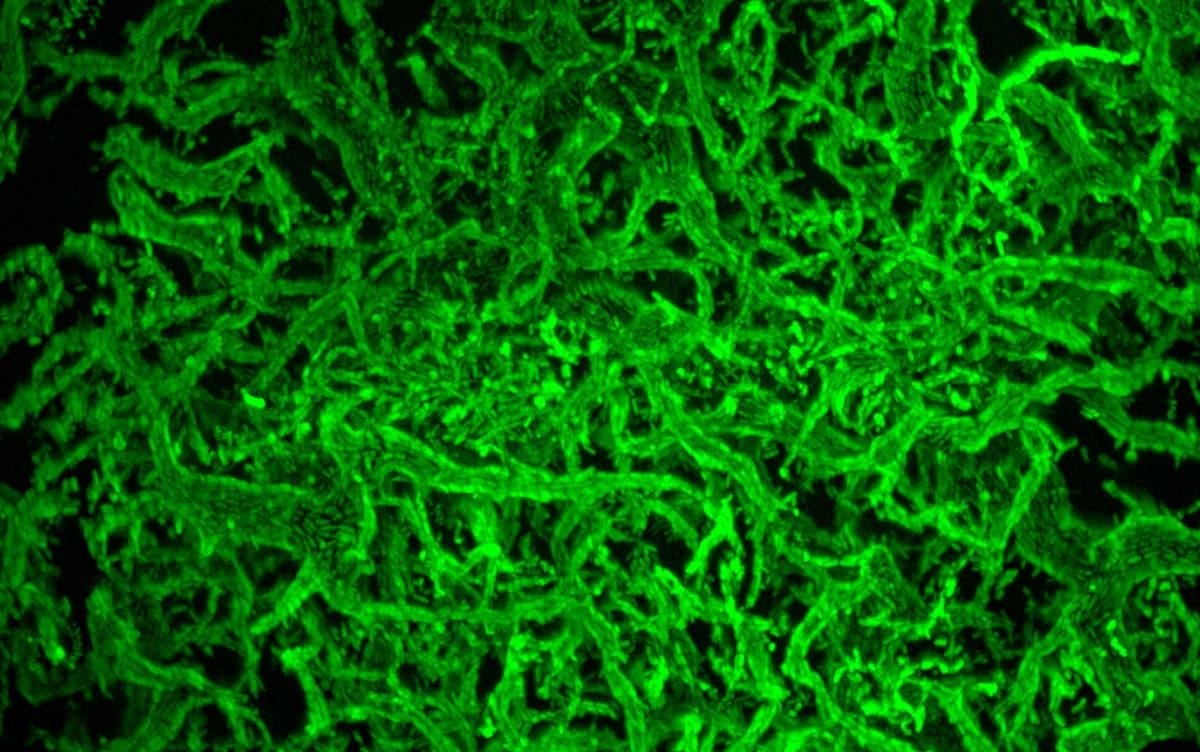2023-08-21 カリフォルニア大学サンディエゴ校(UCSD)
◆マウス実験により、時間制限摂食を受けたマウスは記憶の改善と脳内アミロイドタンパク質の蓄積減少を示し、これらの結果は人間の臨床試験につながる可能性があります。アルツハイマー病はアメリカで600万人以上に影響し、サーカディアンの乱れは看護施設への入所の主要な要因となっています。時間制限摂食はライフスタイルの変化に依存するため、薬物ではない新しい治療法として期待されています。
<関連情報>
- https://today.ucsd.edu/story/intermittent-fasting-improves-alzheimers-pathology
- https://www.sciencedirect.com/science/article/pii/S1550413123002735?via%3Dihub
時間制限摂食によるサーカディアン調節がアルツハイマー病モデルマウスの脳病理を救い、記憶を改善する。 Circadian modulation by time-restricted feeding rescues brain pathology and improves memory in mouse models of Alzheimer’s disease
Daniel S. Whittaker, Laila Akhmetova, Daniel Carlin, Haylie Romero, David K. Welsh, Christopher S. Colwell, Paula Desplats
Cell Metabolism Published: August 21, 2023
DOI:https://doi.org/10.1016/j.cmet.2023.07.014

Highlights
•AD mice present circadian deregulation and aberrant time-of-day brain transcription
•TRF modulates hippocampal gene expression and pathways related to AD and inflammation
•Increased Aβ clearance and reduced amyloid deposition mediate TRF benefits
•Time-restricted feeding recovers sleep and activity rhythms and improves cognition
Summary
Circadian disruptions impact nearly all people with Alzheimer’s disease (AD), emphasizing both their potential role in pathology and the critical need to investigate the therapeutic potential of circadian-modulating interventions. Here, we show that time-restricted feeding (TRF) without caloric restriction improved key disease components including behavioral timing, disease pathology, hippocampal transcription, and memory in two transgenic (TG) mouse models of AD. We found that TRF had the remarkable capability of simultaneously reducing amyloid deposition, increasing Aβ42 clearance, improving sleep and memory, and normalizing daily transcription patterns of multiple genes, including those associated with AD and neuroinflammation. Thus, our study unveils for the first time the pleiotropic nature of timed feeding on AD, which has far-reaching effects beyond metabolism, ameliorating neurodegeneration and the misalignment of circadian rhythmicity. Since TRF can substantially modify disease trajectory, this intervention has immediate translational potential, addressing the urgent demand for accessible approaches to reduce or halt AD progression.


